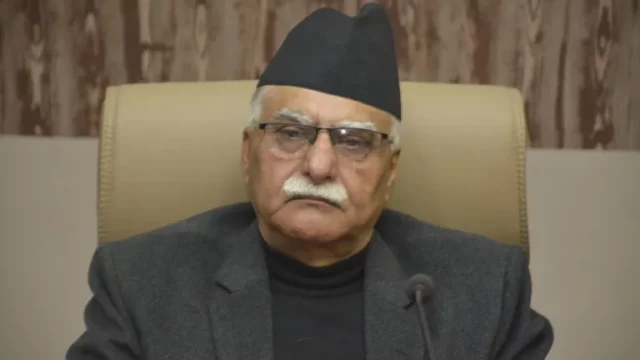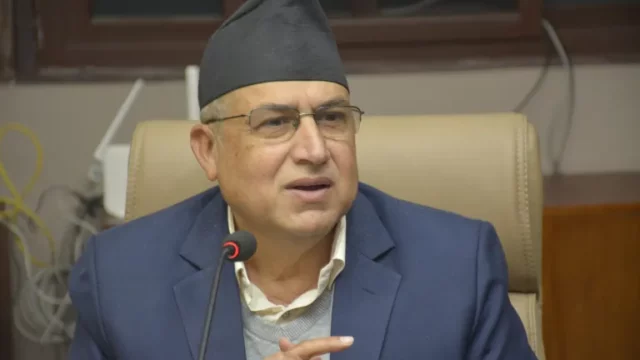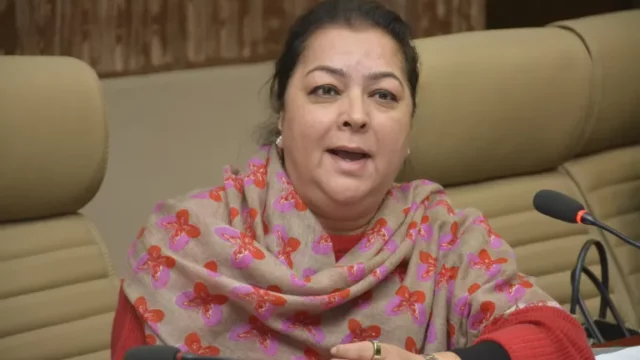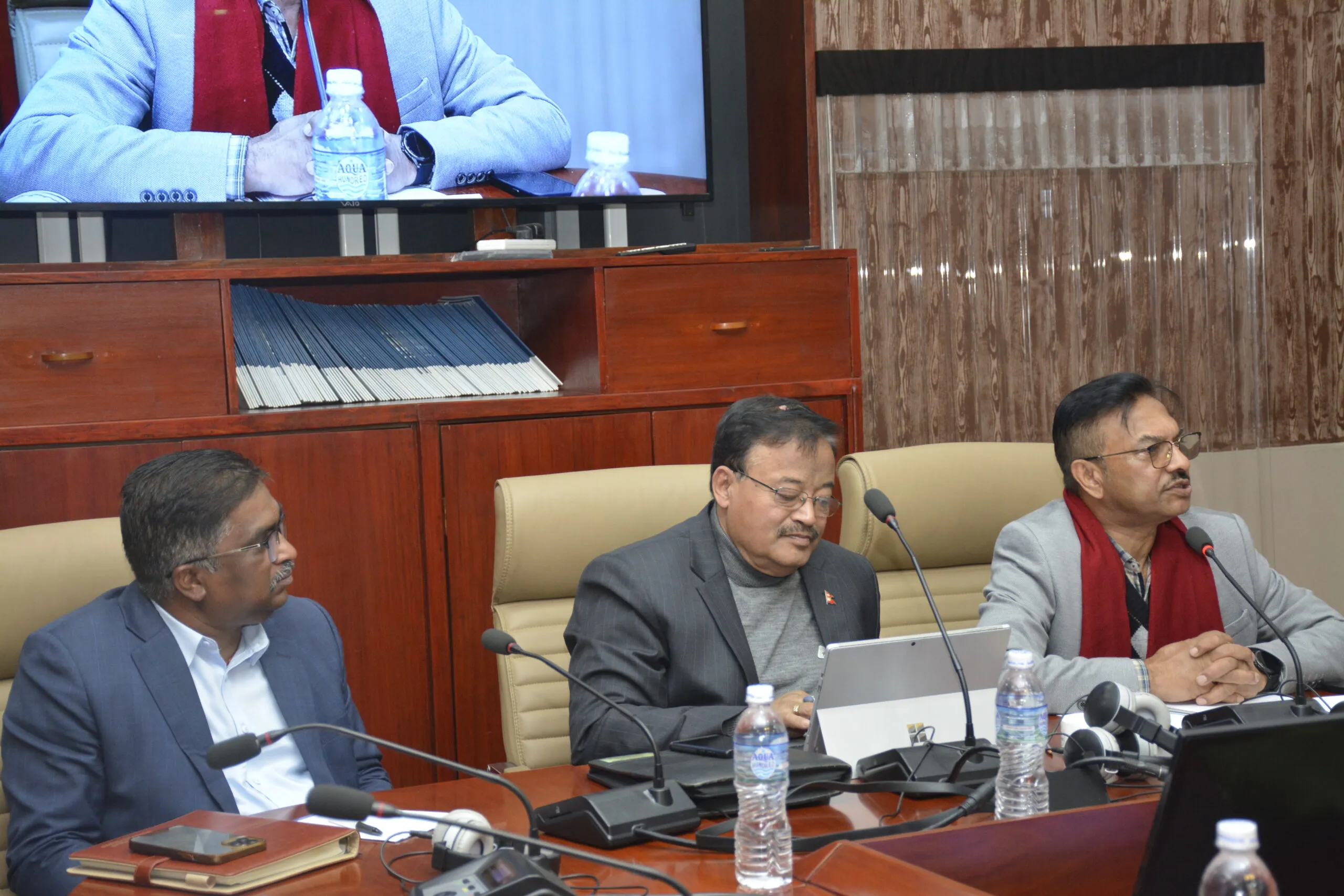KATHMANDU: In a compelling discussion on the ‘Economic Diplomacy Status of Nepal-India Trade,’ experts have underscored the imperative for Nepal to reshape its perspective on India to fortify economic ties between the two nations.
Speaking at a program, jointly organized by the Institute for Strategic and Socio-Economic Research (ISSR) and South Asia Watch on Trade, Economic and Environment (SAWTEE), at the Pavilion Hall, Durbar Marg in Kathmandu, speakers argued that Nepal has clung to a stagnant view of India for five decades.
Addressing the interaction, Dr. Jagdish Pokharel, former Vice-Chairman of the National Planning Commission (NPC), highlighted the challenge of interpreting economic diplomacy through a political lens.
He asserted that the persistence of outdated patterns in the country’s central administration has hindered any substantive policy shifts.

According to Pokharel, the diplomatic approach adopted over the years has led to regrettable outcomes, indicating a critical flaw in Nepal’s policy framework.
Dr. Pokharel contended that leadership hesitancy in stating the truth stems from fears of backlash on social media and negative repercussions.
He argued that external influences have weakened Nepal’s economic diplomacy with India, emphasizing the need for a bold and informed stance at the political level.
Sharing his view in the interaction, Raj Kishore Yadav, Chairman of the Parliament’s International Relations and Tourism Committee, asserted that the nation’s inability to progress stems from a mindset rooted in thinking from 50 years ago.
Yadav emphasized, “Recently, nationalism has been misinterpreted in Nepal, impacting the entire country. Consequently, we find ourselves exporting youth instead of goods to the destinations that demand them.”
Former Commerce Joint Secretary, Rabi Shankar Sainju, highlighted the challenges posed by numerous customs points between Nepal and India, advocating for streamlining customs procedures.
He proposed amendments to the current revenue policy to facilitate smoother economic activities with India.
Sainju dismissed the notion that increased exports of palm oil to India would significantly alleviate Nepal’s trade deficit, emphasizing the need to align production with India’s demand.
According to him, economic ties with India can only thrive by tailoring production to meet the demands of the Indian market.
Political analyst and foreign affairs expert, Arun Subedi asserted that India remains Nepal’s primary trade partner.

He advocated for diplomatic efforts to improve and smoothen the bilateral relationship, acknowledging the need to correct misperceptions rooted in political reasons.
Binod Kumar Sethai, President of the Nepal Foreign Trade Association, highlighted the impact of Nepal’s customs system on economic activities.
Sethai suggested focusing on energy and tourism to compensate for Nepal’s inability to compete with India in production and trade.
He pointed out, “India currently holds a 30 percent share in Nepal’s tourism industry. Political efforts should be directed towards increasing this share. Although Indian tourists should be encouraged to spend more in Nepal, restrictions on the amount they can bring back have hampered economic activities.”
Economic diplomacy expert Satish Joshi expressed concern about Nepal’s lag in economic diplomacy, emphasizing that agreements like the energy deal with India should have been made a decade ago.
He raised doubts about the timely and effective implementation of the agreement.
Srijana Rana, President of the Nepal-India Chamber of Commerce and Industry, emphasized the need for a clear national vision to strengthen economic diplomacy with India.










Comment